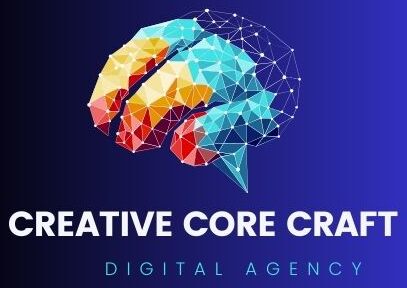Social Media Marketing (SMM) is a digital marketing strategy that involves using social media platforms to promote products, services, or content and engage with a target audience. It encompasses a range of activities aimed at building brand awareness, driving website traffic, and generating leads or sales through social media channels.
Here are the key components of social media marketing:
- Social Media Strategy: Developing a clear and comprehensive strategy that outlines goals, target audience, messaging, content types, posting frequency, and key performance indicators (KPIs) for measuring success.
- Content Creation and Curation: Creating and curating high-quality, engaging content tailored to each social media platform and the preferences of the target audience. Content can include posts, images, videos, infographics, articles, polls, and more.
- Community Engagement: Actively engaging with the audience by responding to comments, messages, and mentions, and participating in conversations relevant to the brand or industry. Building a strong community fosters trust, loyalty, and brand advocacy.
- Paid Advertising: Utilizing paid advertising options offered by social media platforms, such as Facebook Ads, Instagram Ads, Twitter Ads, LinkedIn Ads, and Pinterest Ads, to reach a wider audience, increase visibility, and drive specific actions such as website visits, app installs, or lead generation.
- Influencer Marketing: Collaborating with influencers and content creators who have a significant following and influence within the target audience to promote products or services authentically. Influencer partnerships can help expand reach, build credibility, and generate buzz around the brand.
- Analytics and Insights: Monitoring and analyzing social media performance using platform analytics and third-party tools to track key metrics such as reach, engagement, follower growth, click-through rate (CTR), conversion rate, and return on investment (ROI). Insights gained from analytics help refine strategies and optimize future campaigns.
- Social Media Management Tools: Using social media management tools like Hootsuite, Buffer, Sprout Social, or HubSpot to streamline content scheduling, publishing, monitoring, and reporting processes, and effectively manage multiple social media accounts from a single dashboard.
- Social Listening: Monitoring social media channels for mentions of the brand, competitors, industry trends, and relevant keywords or hashtags. Social listening provides valuable insights into audience sentiment, preferences, pain points, and emerging topics, which can inform content creation and engagement strategies.
Effective social media marketing involves a combination of creativity, strategic planning, consistent execution, and ongoing optimization to achieve business objectives and foster meaningful connections with the target audience.
